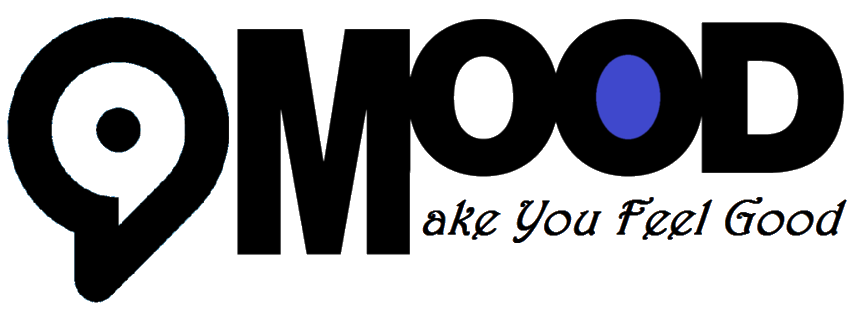Artificial Intelligence (AI) is no longer a concept confined to science fiction. By 2030, it is poised to revolutionize the way we work, think, and interact with the world around us. From reshaping industries to enabling creative breakthroughs, AI’s influence will be profound, raising questions about its impact on society and our daily lives.
Jobs of the Future: Evolution, Not Extinction
 Jobs of the Future: Evolution, Not ExtinctionThe narrative around AI often centers on fears of job loss, but the reality is more nuanced. While some roles will undoubtedly be automated, AI will also create entirely new opportunities. Industries such as healthcare, transportation, and customer service are already experiencing this shift.
Jobs of the Future: Evolution, Not ExtinctionThe narrative around AI often centers on fears of job loss, but the reality is more nuanced. While some roles will undoubtedly be automated, AI will also create entirely new opportunities. Industries such as healthcare, transportation, and customer service are already experiencing this shift.
For instance, in healthcare, AI-powered diagnostic tools are helping doctors detect diseases faster and with greater accuracy. By 2030, we can expect AI to take on routine tasks like analyzing medical records, freeing up human professionals for more personalized patient care. Similarly, autonomous vehicles could transform logistics, enabling faster and more efficient deliveries while creating new jobs in AI system maintenance and oversight.
However, the transition will require significant reskilling. Workers must adapt to an evolving job market where the demand for creativity, critical thinking, and technical skills outweighs routine, manual tasks. Companies and governments will need to collaborate on training programs to prepare the workforce for this new era.
Creativity in the Age of AI
 Creativity in the age of AI – prediction
Creativity in the age of AI – prediction
Contrary to the belief that AI stifles creativity, it has the potential to amplify human ingenuity. Generative AI models, such as those that create music, art, and literature, are already pushing the boundaries of what machines can do. By 2030, these tools will become even more sophisticated, enabling creators to bring their visions to life faster and more effectively.
For example, filmmakers could use AI to generate realistic special effects in minutes, or architects might rely on AI to design sustainable buildings optimized for energy efficiency. While AI will play a significant role in the creative process, the human touch will remain indispensable. Machines may excel at pattern recognition and data analysis, but the emotional depth and cultural context of art will continue to depend on human insight.
Societal Impacts: Benefits and Challenges
AI’s integration into society offers immense benefits but also presents ethical and social dilemmas. On the positive side, AI can address global challenges like climate change, poverty, and education. Smart systems can optimize energy usage, predict natural disasters, and develop personalized learning experiences for students worldwide.
However, these advancements come with significant risks. The potential for job displacement, surveillance misuse, and algorithmic bias raises important ethical concerns. By 2030, society will need to strike a balance between harnessing AI’s capabilities and ensuring it aligns with human values.
Pros:
- Enhanced productivity across industries, leading to economic growth.
- Better healthcare outcomes through predictive analytics and personalized medicine.
- Increased accessibility to education and resources via AI-driven tools.
Cons:
- Potential for significant job displacement in certain sectors.
- Ethical concerns around data privacy and surveillance.
- Risk of perpetuating biases embedded in AI algorithms.
Preparing for the Future
 Image – Be prepared for the future
Image – Be prepared for the future
To fully realize AI’s potential, collaboration among governments, businesses, and individuals will be crucial. Policymakers must establish regulations that ensure ethical AI development and usage, emphasizing transparency and accountability. Investments in education and reskilling programs will be equally important to equip the workforce with the skills needed to thrive in an AI-driven world.
Additionally, fostering public awareness about AI’s capabilities and limitations will help dispel misconceptions and build trust. Open dialogues between technologists, ethicists, and the public can guide the development of AI in a way that benefits everyone.
Conclusion: A Transformative Decade Ahead
As we approach 2030, the integration of AI into our lives will become increasingly seamless. It will transform jobs, redefine creativity, and reshape society in ways we can’t fully predict. While challenges remain, the potential benefits are too significant to ignore. By taking a proactive approach to education, policy, and ethical considerations, we can ensure that AI serves as a force for good, driving innovation and improving lives around the globe.
The future of AI is not just about machines taking over tasks; it’s about humanity leveraging technology to reach new heights. The key lies in navigating this transformation with wisdom, empathy, and a commitment to shared progress.
You may also like,
- How to Fine Tune LLMs Without AI Knowledge
- Drone Bees: How Technology is Replacing Natural Pollinators
Discover more from 9Mood
Subscribe to get the latest posts sent to your email.


























0 Comments